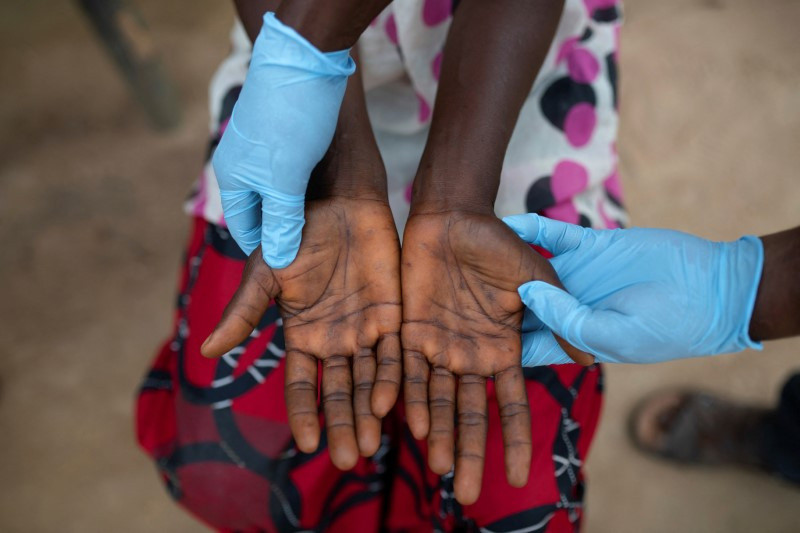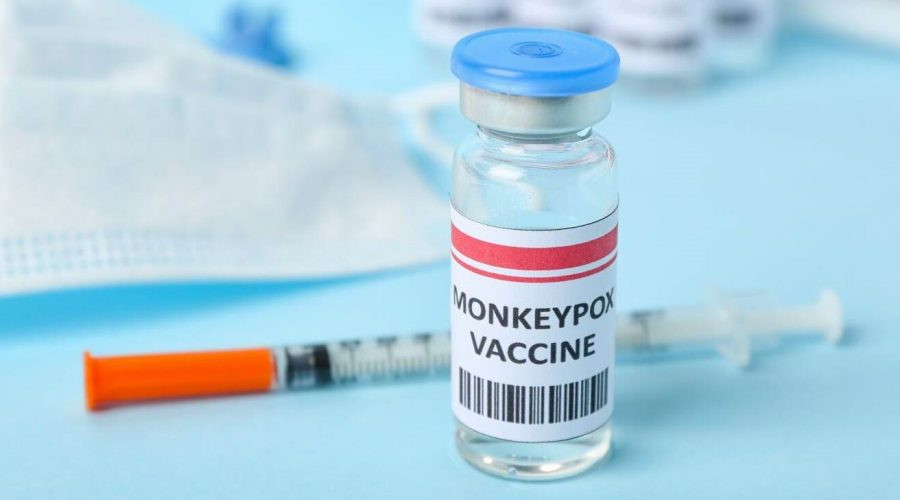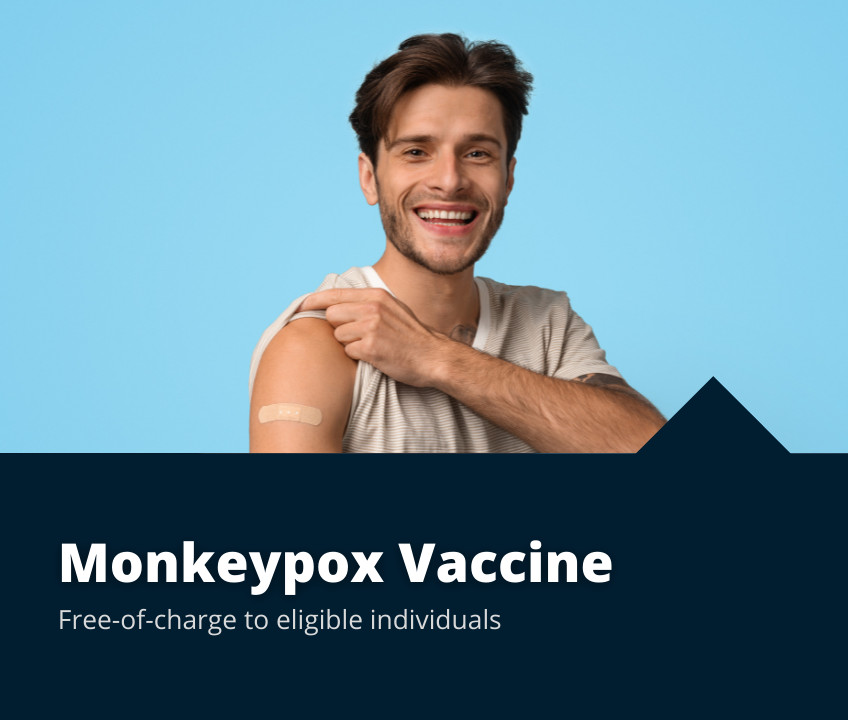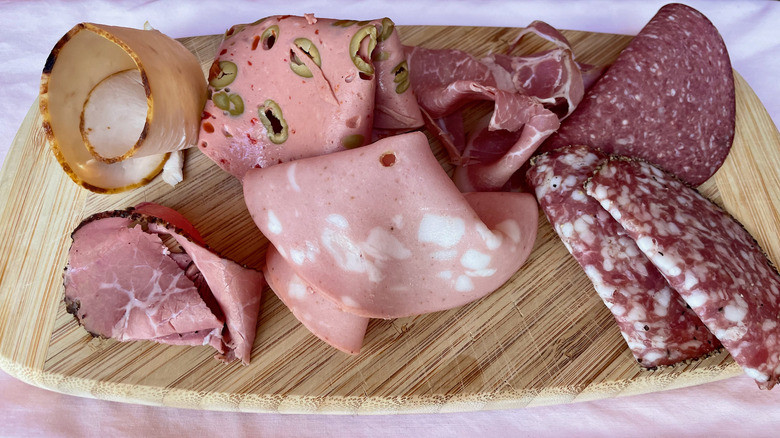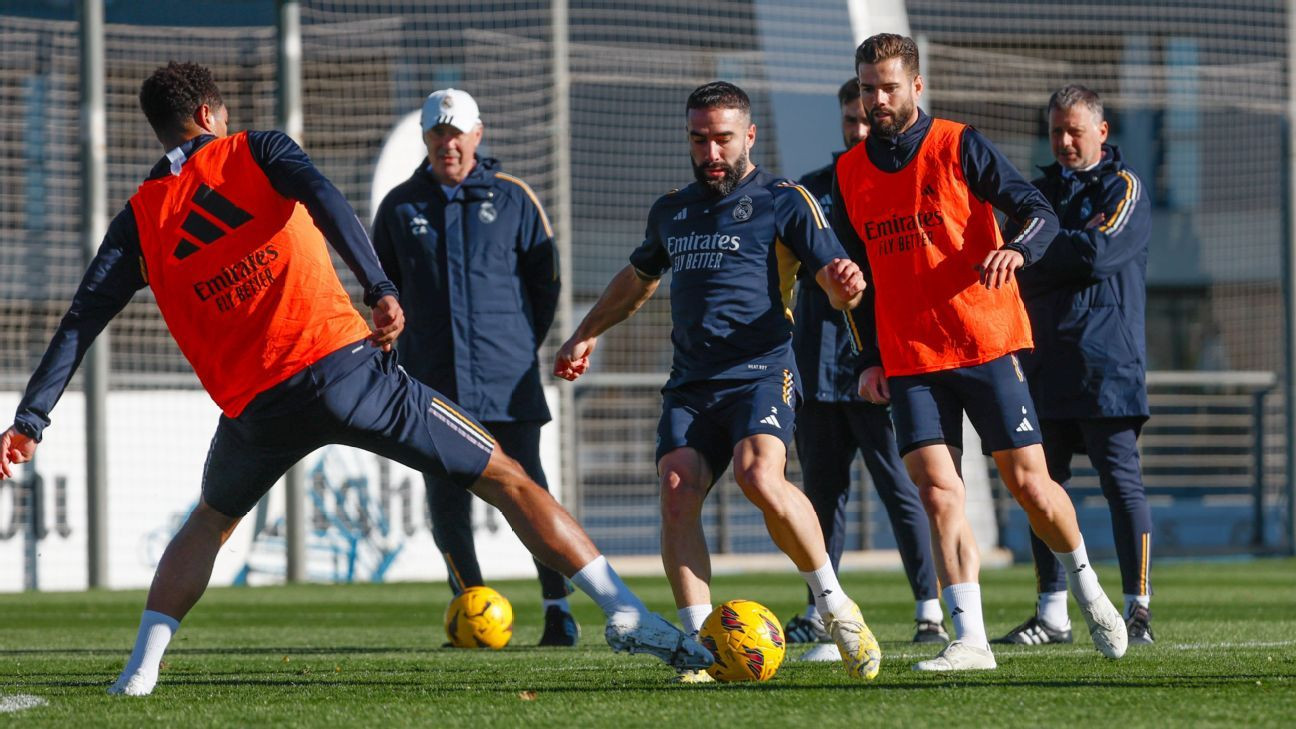A Deadly Deja Vu: Mpox Vaccine Delays in Africa Fuel Outrage Over Inequality
The Democratic Republic of the Congo (DRC) has been at the epicenter of an outbreak of a new variant of mpox, specifically the clade 1b variant. The World Health Organization (WHO) has reported over 18,000 suspected cases and 629 deaths in the DRC alone this year. The variant's reach extends beyond Africa, with confirmed cases also found in Burundi, Uganda, Rwanda, Kenya, Sweden, and Thailand. This outbreak comes at a time when the world is still grappling with the aftermath of the COVID-19 pandemic, highlighting the persistent challenges of global health inequity.
The DRC, where mpox was first identified in humans in 1970, finds itself in a precarious situation, reliant on donations of vaccines from wealthier nations. Despite the promises of vaccine delivery, none of the affected African countries have received any of the promised doses. This delay has sparked widespread outrage and accusations of greed and inequality in the face of a deadly outbreak.
The Glaring Inequities in Access to Mpox Vaccines
The international response to the mpox outbreak has been characterized by a stark lack of coordination. While Spain has pledged 500,000 doses, France and Germany have promised 100,000 each, and the US has committed to donating 50,000, none of these pledges have been fulfilled. The Africa Centres for Disease Control and Prevention (Africa CDC) has reported that only 10% of the $245 million (£187 million) it requested to tackle the outbreak has been funded.
Dr. Dimie Ogoina, an infectious disease physician at the Niger Delta University teaching hospital, points to a historical pattern of neglect. He emphasizes that despite the disease's origins in Africa, the continent consistently lags behind in access to vaccines and treatments. He asserts that the manufacturers, primarily based in wealthier nations, prioritize global markets, leaving Africa at the bottom of the procurement list.
A Global Public Health Emergency
The WHO declared a public health emergency in mid-August in response to the spread of clade 1b. This variant is highly transmissible, spreading through close physical contact, including sexual contact but also within households. The situation is further complicated by the high mortality rate among children under 15, reaching up to 8%, according to the WHO. The latest update from Africa CDC reveals a significant surge in cases, with nearly 4,000 cases reported in the past week, compared to 1,200 the previous week.
The Price Tag of Inequality
Last week, civil society groups addressed a letter to Gavi, the global vaccine alliance, calling for lower pricing of the Jynneos vaccine produced by Bavarian Nordic. The vaccine currently costs between $50 and $75 per dose, a price point deemed prohibitive for many low- and middle-income countries.
Peter Maybarduk, access-to-medicines director at Public Citizen, criticizes the high cost, asserting that while the US government invested in the vaccine's development, the production and pricing are now controlled by Bavarian Nordic. He argues that the company is exploiting the situation for profit.
Victorine de Milliano, policy adviser at MSF Access, points to a systemic issue where lower-income countries are consistently disadvantaged in accessing critical medical tools during public health emergencies. She highlights the parallels to the COVID-19 pandemic, where wealthier nations stockpiled vaccines, tests, and treatments while poorer nations were left behind.
A Call for Action and a Promise of Change
Bavarian Nordic has assured the Africa CDC that it can provide 2 million doses this year, contingent upon order approval and reallocation of resources from other production lines. The company claims to have donated 55,000 doses and promises an update upon reaching an agreement to begin wider distribution. They also express openness to tiered pricing, offering lower prices to countries with smaller economies and those willing to commit to larger and longer-term orders.
Dr. Ogoina remains cautiously optimistic, noting signs of political vigilance in Africa, including discussions on investing in disease control and pledges of support from outside the continent. However, he emphasizes the need for sustained commitment. He asks, "Will people still be interested, or will they lose interest?" The answer to this question will determine the fate of African nations battling the mpox outbreak and the promise of a more equitable and just future for global health.
The Future of Mpox Control: Hope and Vigilance
The mpox outbreak serves as a stark reminder of the deep-seated inequities that permeate the global health landscape. While there are promising signs of political will and pledges of support, the true test lies in translating these commitments into tangible action. A sustained and coordinated global effort is needed to ensure equitable access to vaccines, treatments, and resources for all. Only then can we effectively combat this disease and prevent a repetition of the tragic failures of the past.




